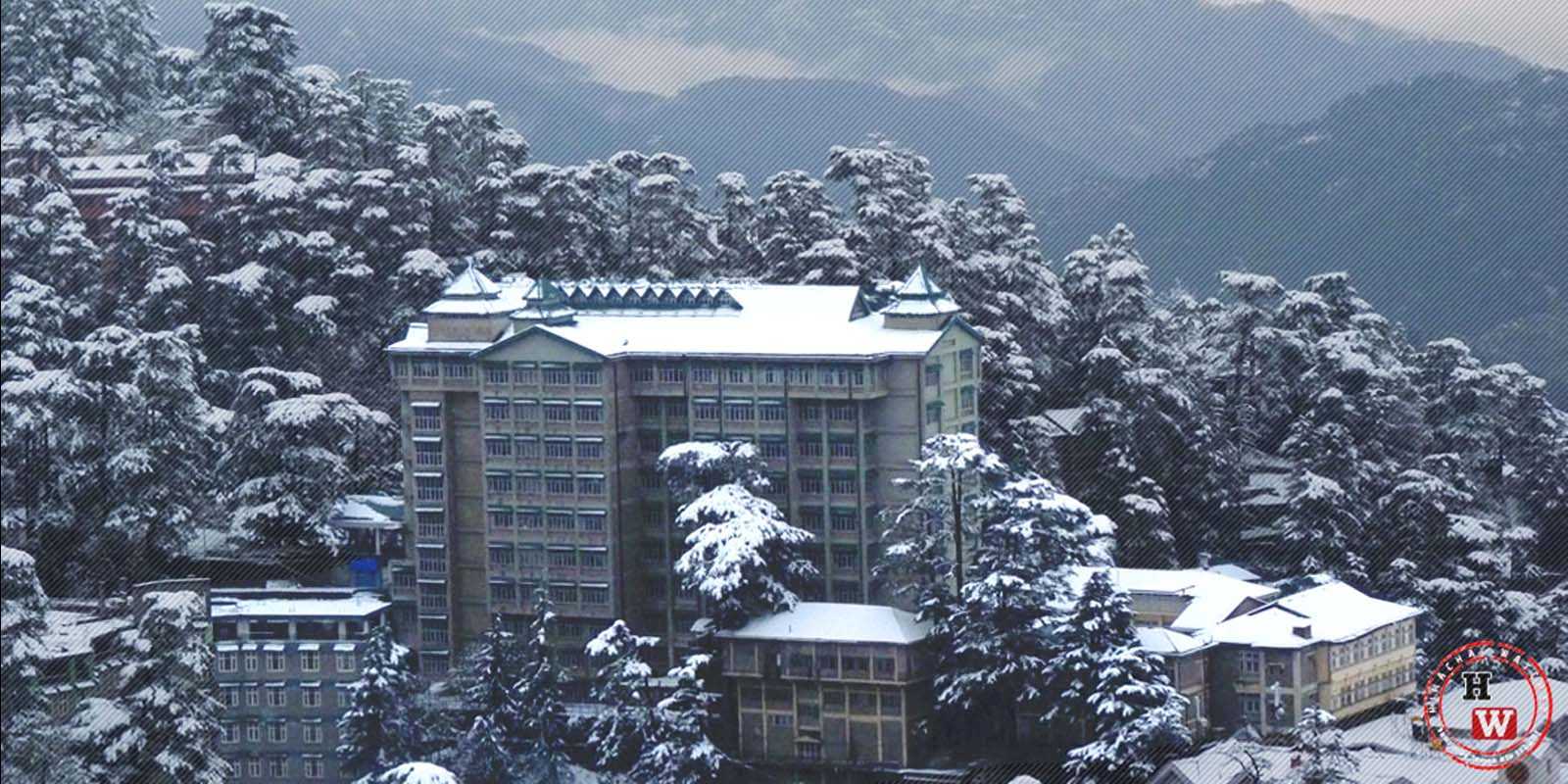Absence Of Plausible Explanation For Leading Evidence At Trial Stage Precludes Parties From Doing So At Later Stage: Himachal Pradesh High Court

The Himachal Pradesh High Court has held that in the absence of any plausible explanation for non-examination of witnesses at the Trial stage, the same cannot be plugged in at a later stage cause serious prejudice to the rights of the plaintiff in the present case.
While dismissing the instant writ petition, Justice Jyotsna Rewal Dua observed, “The conduct of the petitioners/defendants goes to show that in the guise of instant application, attempt is being made to protract the trial and to cause serious prejudice to the rights of the respondent/plaintiff. Lacunae, if any, occurred in the evidence led by the defendants, cannot be permitted to be plugged in at this stage, more so in the facts and circumstances of the present case.”
An application under Section 151 CPC moved by the petitioners for reopening of evidence before the Trial Court was dismissed through an order dated 15.01.2021. Assailing the same, petitioners have approached the present court praying reopening of evidence by summoning, calling and examining the witnesses of the will in dispute.
Pursuant to its decision, Court placed reliance over the following cases;
- Ram Rati v. Mange Ram, (2016) 11 SCC 296 [Relying upon K.K. Velusamy v. N.Palanisamy, (2011) 11 SCC 275]; Supreme Court held that power under Section 151 should be exercised in exceptional circumstances, only where it is absolutely necessary, when the bona fides of the applicant cannot be doubted or when such exercise is to meet the ends of justice and to prevent abuse of Court process.
- Bagai Construction v. Gupta Building Material Store, (2013) 14 SCC 1; Supreme Court said, “After change of various provisions by way of amendment in the CPC, it is desirable that the recording of evidence should be continuous and followed by arguments and decision thereon within a reasonable time. This Court has repeatedly held that courts should constantly endeavour to follow such a time schedule. If the same is not followed, the purpose of amending several provisions in the Code would get defeated. In fact, applications for adjournments, reopening and recalling are interim measures, could be as far as possible avoided and only in compelling and acceptable reasons, those applications are to be considered.”
Narrowing down to the facts and circumstances of the present case, Court noted that the petitioners had accepted the order passed by the Trial Court on 16.06.2017 to produce their entire evidence by way of last opportunity on self-responsibility, failing which their right to adduce evidence was deemed to have been closed. Accordingly, after leading their evidence on 05.08.2017 and themselves closing evidence on that day, no application was moved by them for reopening the evidence in proximity to this date.
Court stated that it was not an appropriate case of exercising discretion in favour of the petitioners. Directions were issued to the registry for expeditious disposal.
Case Title: Arvind Kumar v. Raj Kumar | CMPMO No. 30 of 2021
